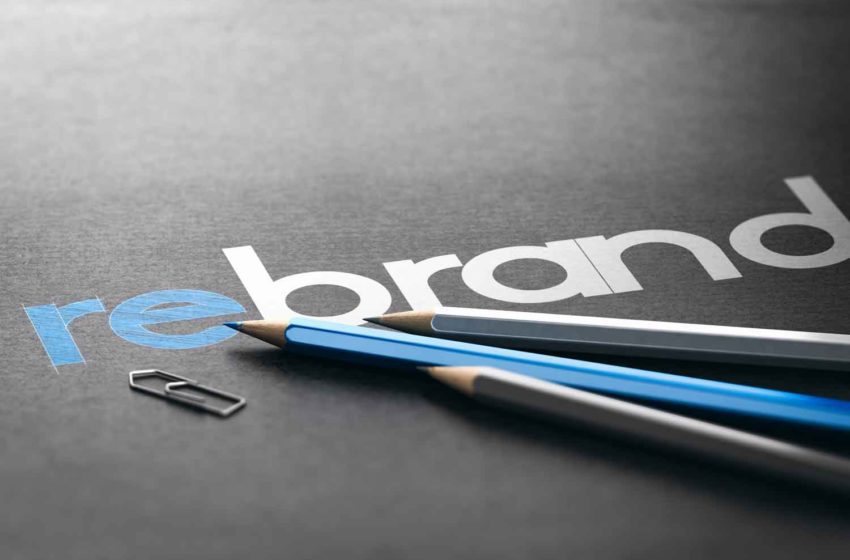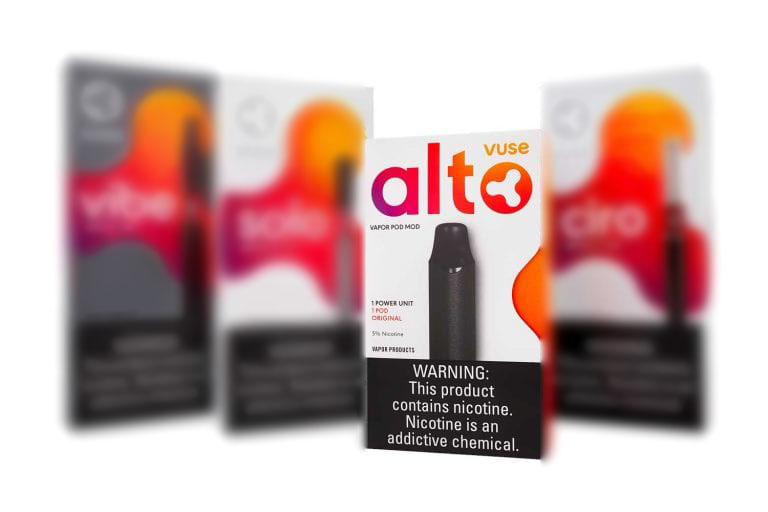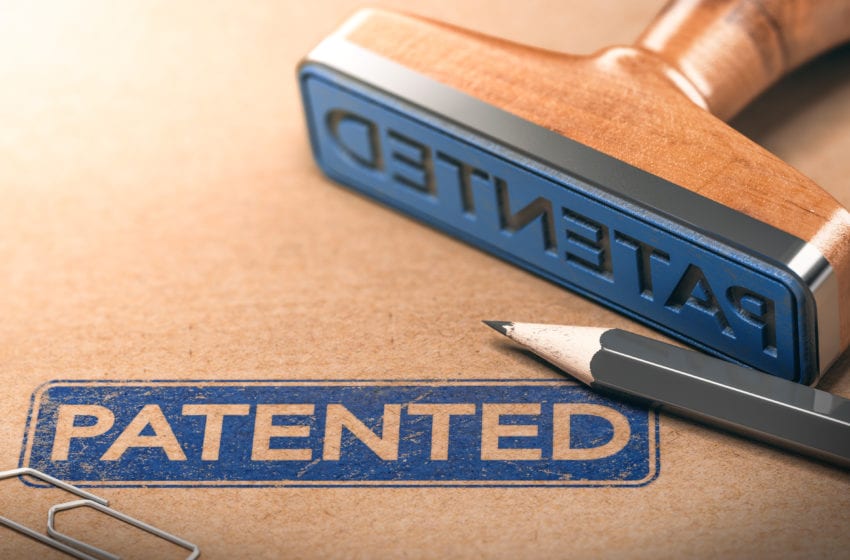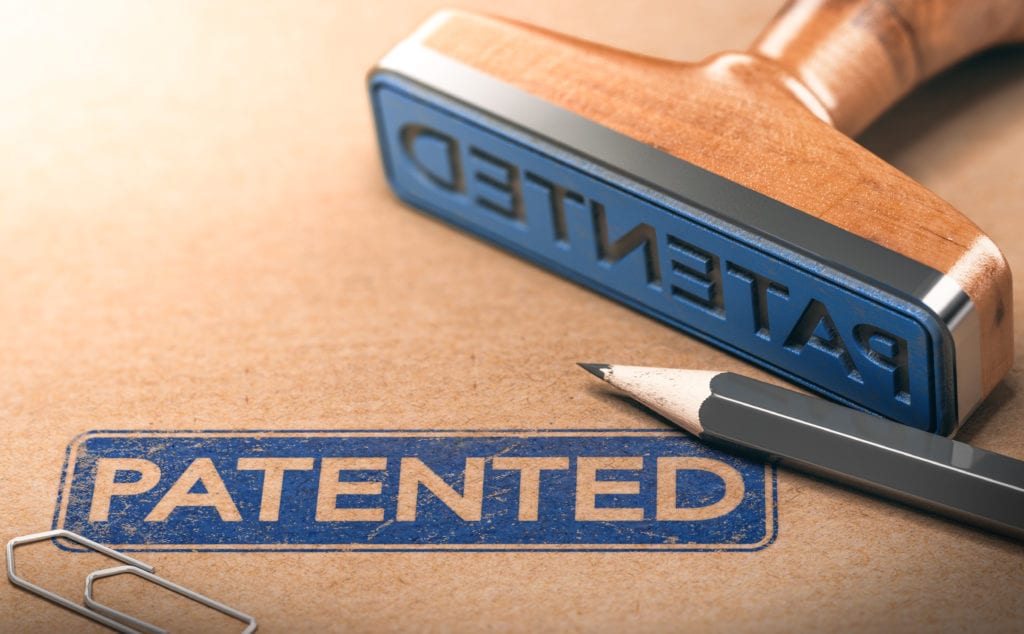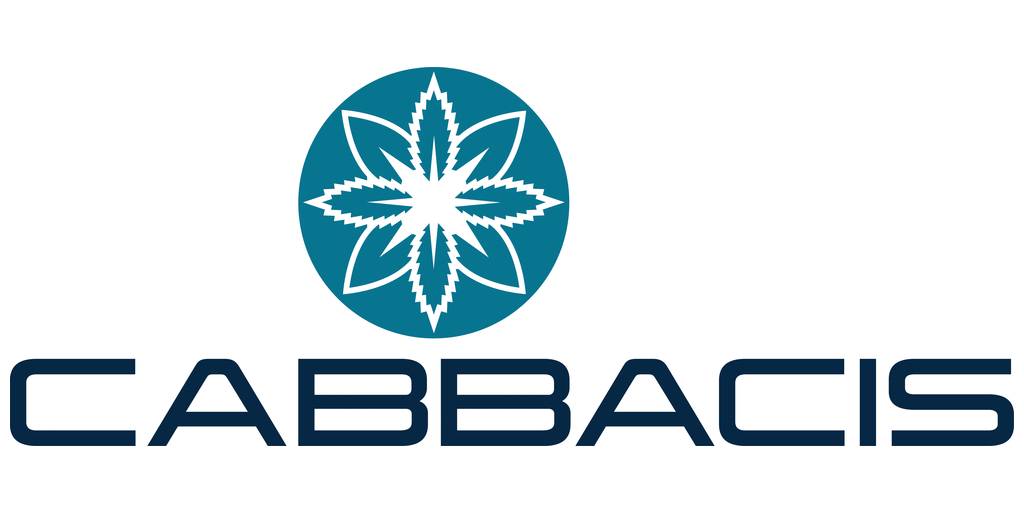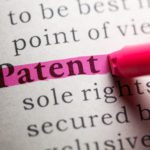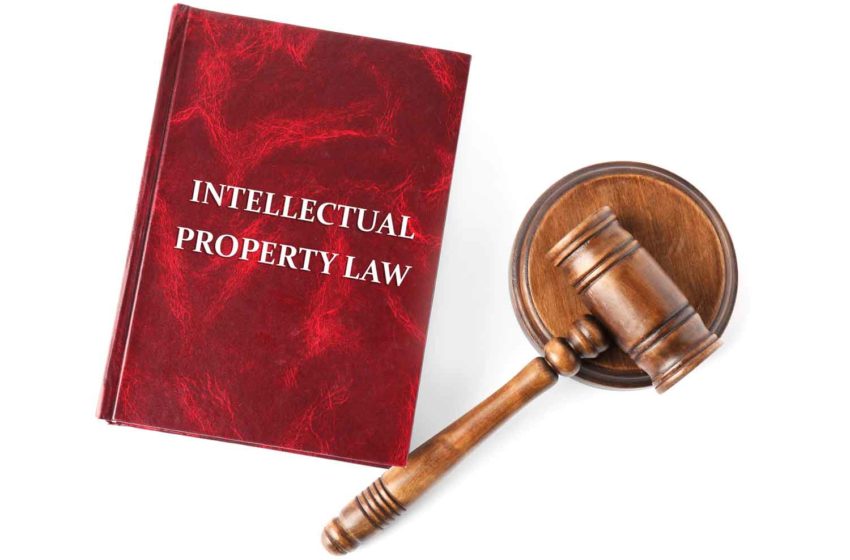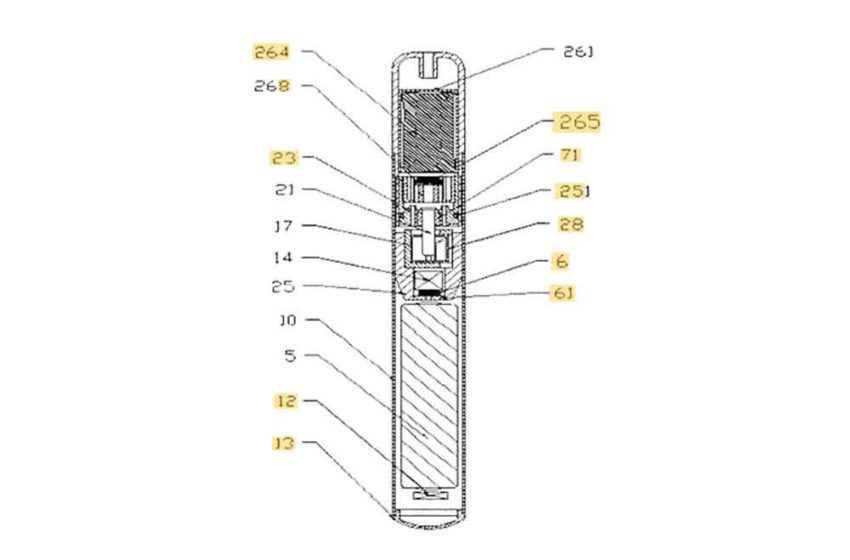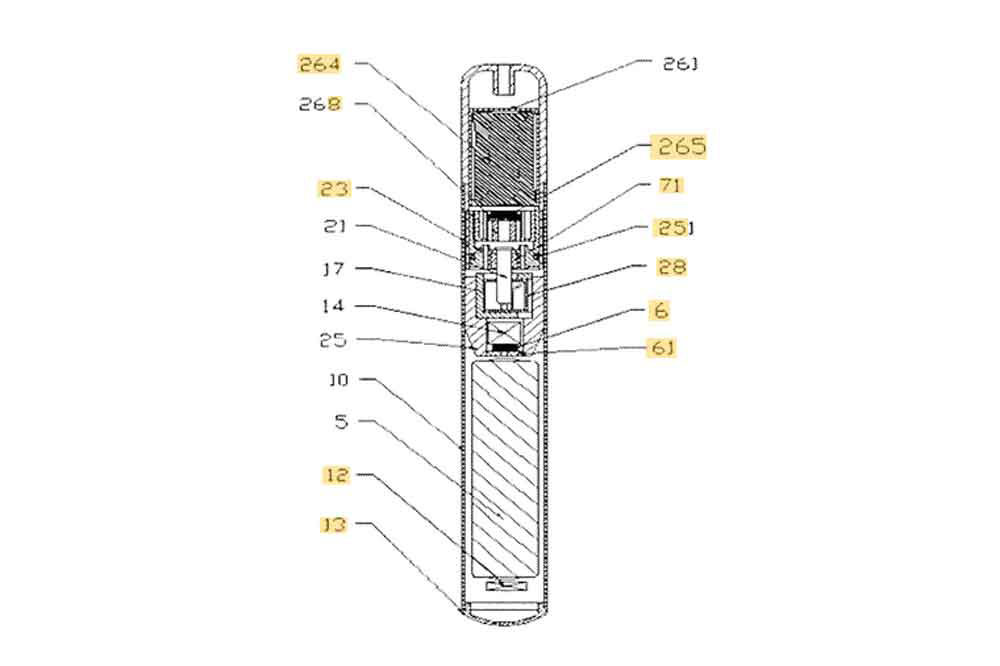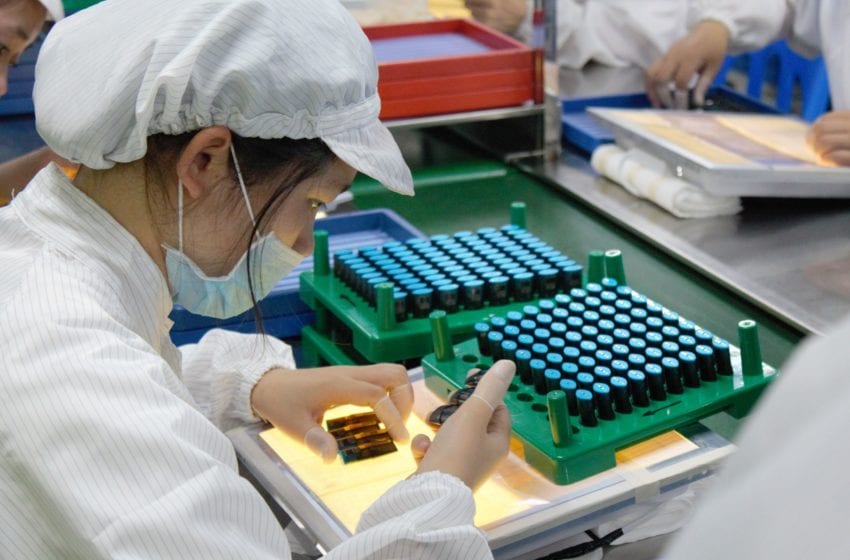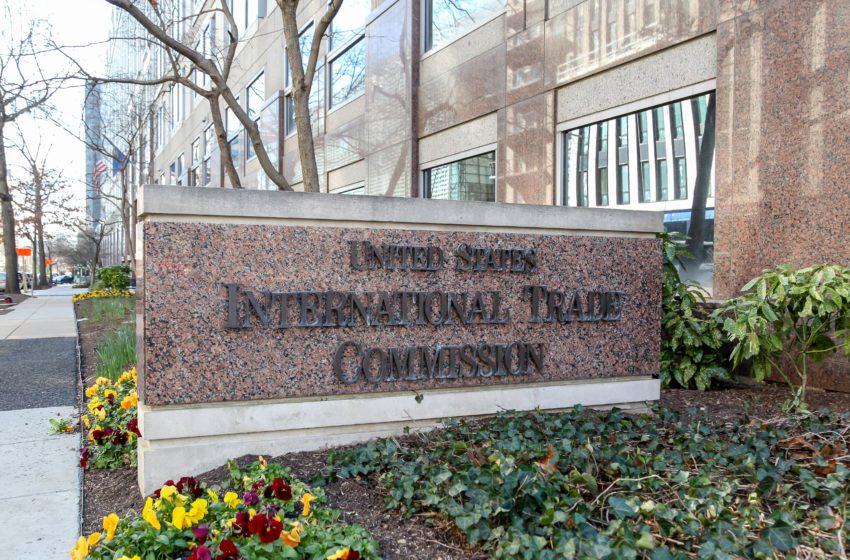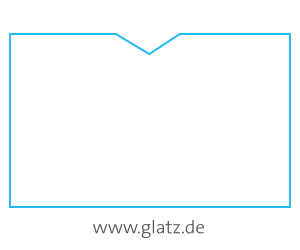
Shenzhen Weiboli Technology Co. plans to relaunch its Elbar e-cigarettes under the name EB Design in the United States after losing a trademark dispute in court, reports 2Firsts.
On Feb. 23, a federal judge ordered Weiboli to stop marketing its Elfbar e-cigarettes in the U.S., finding that VPR Brands, which makes and sells Elf brand vapes, is likely to succeed on its claims that the Elfbar vapes infringe its trademark
In an interview with 2Firsts, Elfbar’s North American public relations manager said that while Elfbar would launch its new name in March, the brand would retain its original logo. The letters E and B in “EB Design” are believed to represent the initials of Elbar.
Elfbar’s American PR manager said the company would continue to focus on the United States. The brand’s U.S. suppliers and distributors market are aware of name change and prepared for it, he noted.

